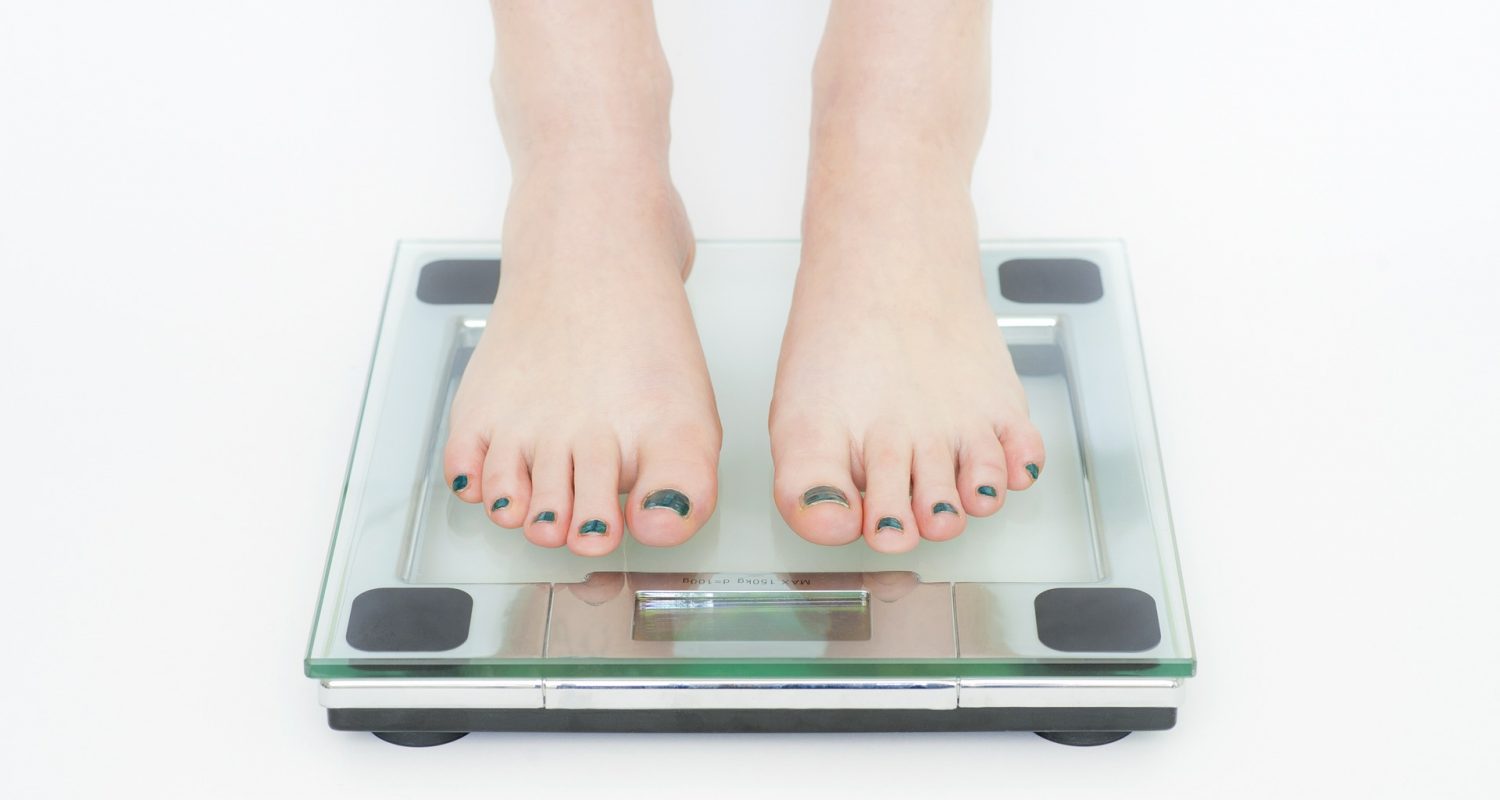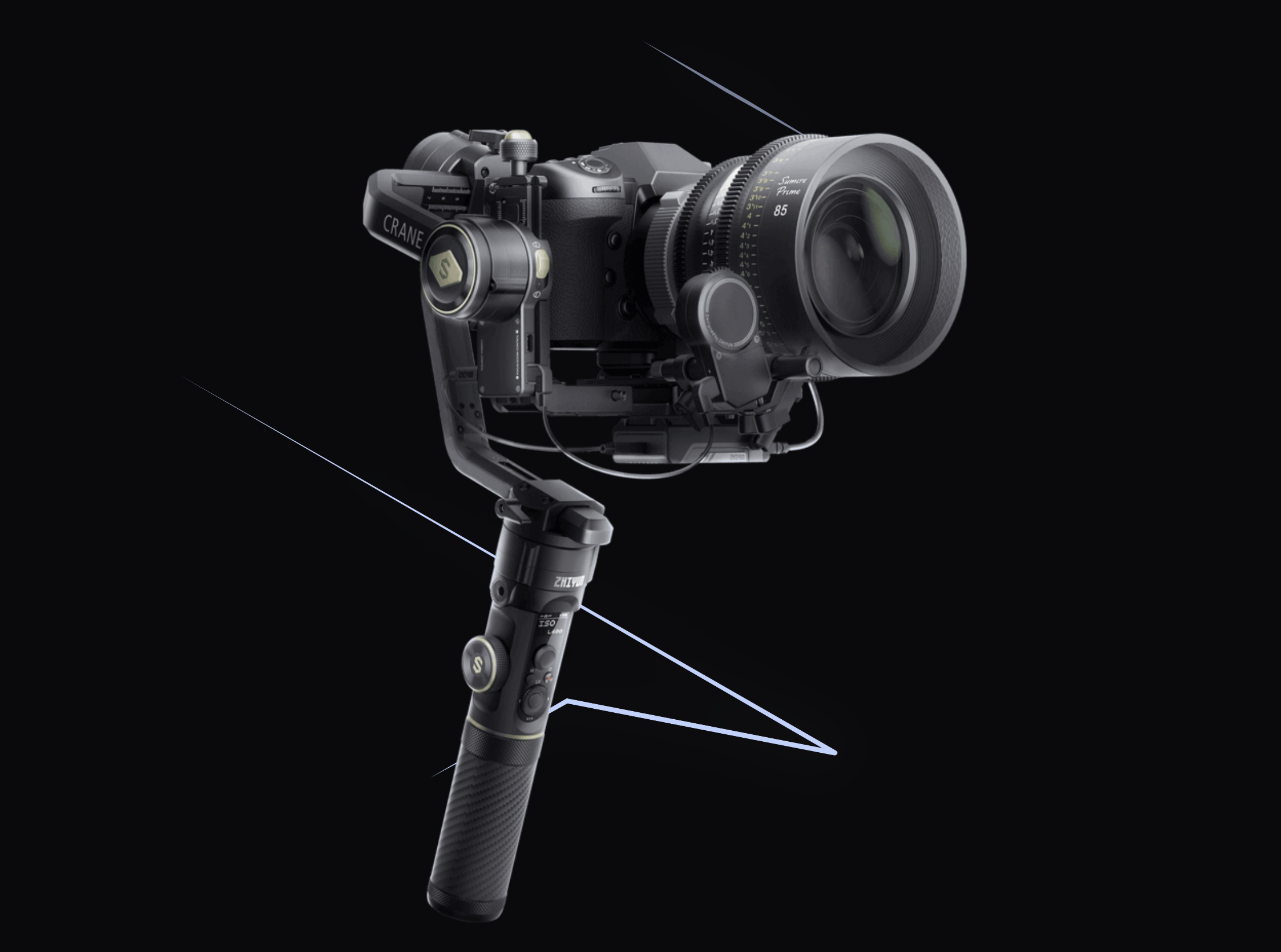Experiencing fluctuations in body weight can be distressing for anyone, but for those who have undergone gallbladder removal surgery, the struggle may feel particularly acute. It’s a common concern for many individuals to find themselves grappling with unexpected weight gain following this medical procedure. Understanding the underlying causes of this phenomenon, as well as viable strategies for managing it, can empower those affected and facilitate a path toward health and wellness.
The gallbladder, a small, pear-shaped organ situated beneath the liver, plays a pivotal role in the digestion of fats by storing bile produced by the liver. When it is removed, a cascade of physiological changes occurs, primarily affecting the body’s ability to digest fat effectively. This alteration can lead to a myriad of digestive issues, which may indirectly contribute to weight gain.
One significant cause of post-surgical weight gain can be attributed to alterations in digestion. After gallbladder removal, patients often experience changes in how their body metabolizes fats. The constant flow of bile into the small intestine can result in suboptimal fat absorption. When fats are not assimilated effectively, the body might instinctively compensate by increasing overall food intake, thereby leading to potential weight gain.
Moreover, the removal of the gallbladder can also influence the composition of gut microbiota, the diverse community of microorganisms residing in the digestive tract. Post-surgery, some individuals may experience dysbiosis, an imbalance in gut bacteria. This imbalance can impede effective digestion and nutrient absorption, fostering further weight issues. The interplay between gut health and metabolic processes underscores the intricacies of post-gallbladder removal physiology.
Another contributing factor to post-surgery weight gain involves lifestyle changes. After the surgery, patients may experience fatigue, discomfort, or altered eating habits, which might prompt them to lean toward calorie-dense, low-nutrient foods for convenience. This dietary shift can lead to excess caloric intake coupled with insufficient physical activity, creating a perfect storm for weight gain.
On a psychological level, the trauma associated with surgical procedures and the subsequent adjustments in lifestyle can spur emotional eating. Stress, anxiety, and diminished self-esteem can drive individuals toward comfort foods, which often are not the healthiest options. Consequently, emotional well-being plays a crucial role in regulating eating behaviors, especially in the context of significant life changes like gallbladder surgery.
Despite these challenges, there exist several proactive strategies to counteract weight gain after gallbladder removal. The first step toward effective weight management is to adopt a well-balanced diet tailored to the digestive changes that ensue post-surgery. Incorporating small, frequent meals rich in complex carbohydrates, lean proteins, and healthy fats can help stabilize blood sugar levels and enhance satiety. Opting for foods high in fiber, such as fruits, vegetables, and whole grains, can also promote healthy digestion and regular bowel movements, alleviating some of the digestive discomfort that can accompany gallbladder removal.
Furthermore, it’s crucial to pay close attention to portion sizes. The absence of a gallbladder can necessitate a reevaluation of one’s eating patterns. Consuming large meals may lead to gastrointestinal distress, thus it is advisable to focus on controlled portions to minimize discomfort while still meeting caloric needs.
Physical activity is another cornerstone of a successful post-surgery weight management strategy. Engaging in regular exercise can enhance metabolism and combat the sedentary tendencies that often arise after surgery. Activities such as walking, swimming, or cycling can help reinvigorate energy levels while fostering a sense of normalcy. Building an exercise routine that includes both aerobic and resistance training is particularly beneficial for overall health and weight control.
Hydration also plays an essential role in managing weight and supporting overall health. Drinking ample fluids aids digestion and helps mitigate the risks of constipation, which can be a concern for many post-gallbladder removal patients. Opting for water over sugary beverages not only enhances hydration but also reduces unnecessary calorie consumption.
Lastly, addressing emotional health is imperative. Engaging with a support group or seeking professional counseling can provide outlets for emotional struggles. This support can be invaluable in helping individuals reframe their relationship with food and develop healthier coping mechanisms.
In conclusion, weight gain following gallbladder removal is a multifaceted issue stemming from a combination of physiological and lifestyle changes. Understanding these dynamics is the first step toward effective management. By implementing strategic dietary adjustments, incorporating physical activity, ensuring proper hydration, and prioritizing emotional well-being, individuals can navigate this challenging phase with confidence and resilience. Ultimately, reclaiming control over one’s health and wellness is not just a possibility, but an achievable reality.














